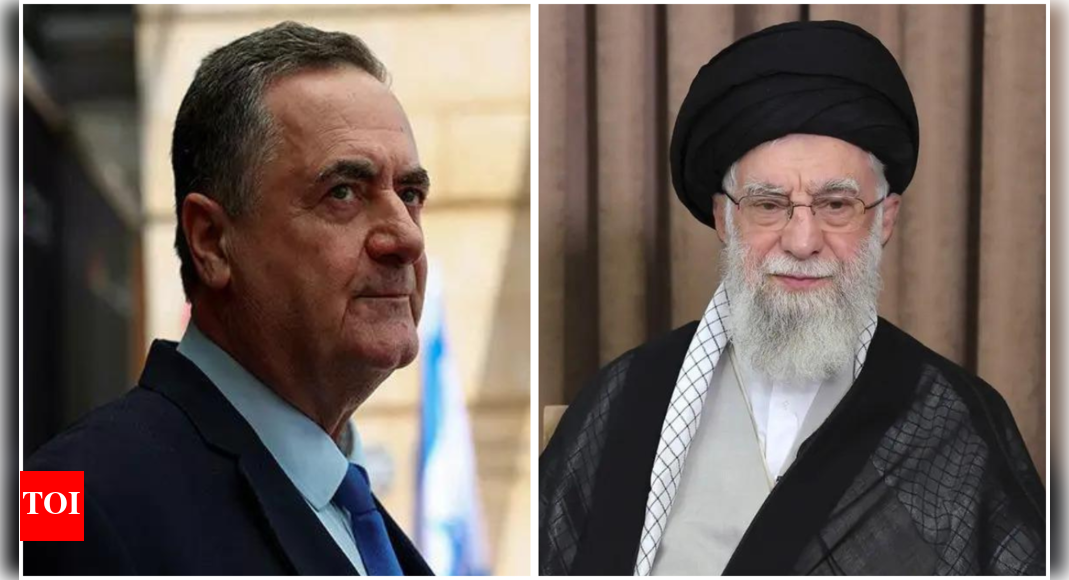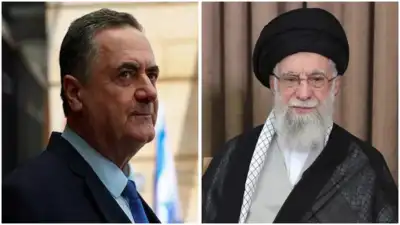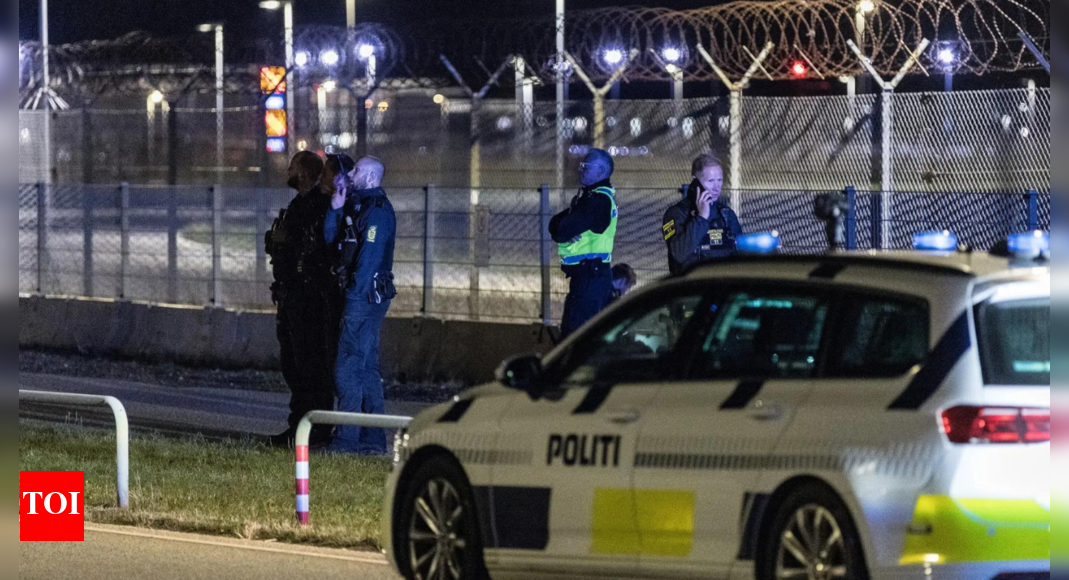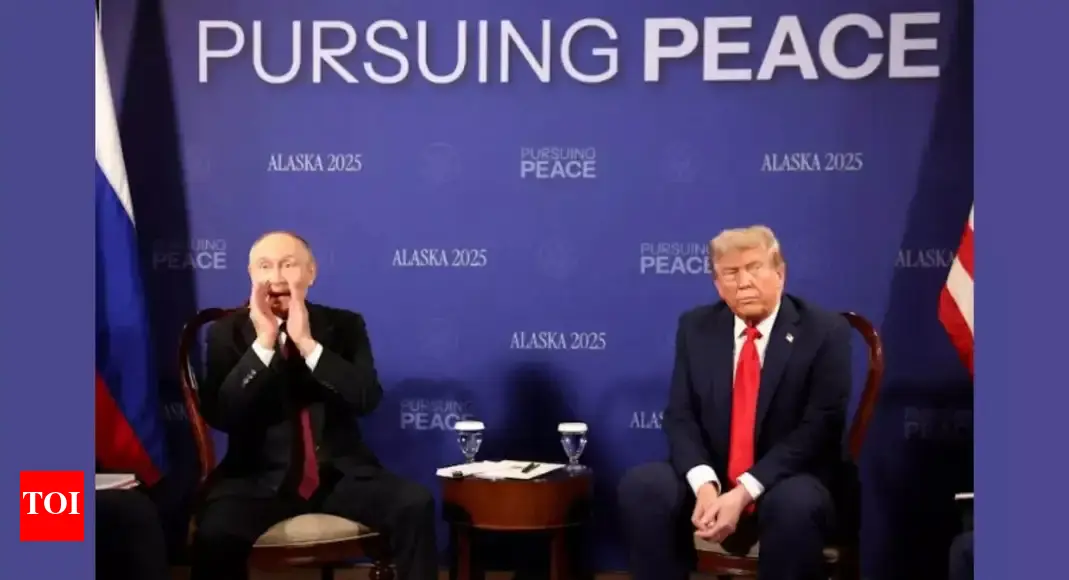Israel’s defence minister, Israel Katz, said on Thursday that Iran’s Supreme Leader Ayatollah Ali Khamenei was marked for assassination during the recent 12-day conflict, but evaded elimination by going underground. “If Khamenei had been in our sights, we would have taken him out,” Katz told Kan public television, adding that the Iranian leader “went very deep underground and broke off contacts with commanders,” making a strike “not realistic”, according to Reuters.
Also read: Iran’s Ayatollah Khamenei issues threat; first public comments after US strikeSpeaking in a round of televised interviews, Katz reiterated that Israel actively searched for Khamenei throughout the war. “We searched a lot,” he told Channel 13, explaining that Israel’s goal was not regime change but to destabilise Iran’s leadership and apply pressure mid-conflict.
Poll
Do you think targeting leadership during conflicts is a justified national security strategy?
The war, which began on June 13 and concluded with a US-brokered ceasefire on June 25, saw Israel launch airstrikes that killed several top Iranian commanders and nuclear scientists. Katz said Israel maintained aerial superiority and enforced what he described as a policy of “enforcement actions against Iran,” designed to prevent the country from rebuilding its nuclear and missile capabilities, as per the Times of Israel.Asked if Israel had sought US approval to target Khamenei, Katz told Channel 13, “We don’t need permission for these things.” He also compared Khamenei to Hezbollah leader Hassan Nasrallah, who was killed last year, advising the Iranian leader to remain in hiding, “I wouldn’t recommend that he stay tranquil,” Katz told Kan. “He should learn from the late Nasrallah… I recommend that he do the same thing.”US President Donald Trump had also threatened Khamenei’s life during the conflict. On June 17, Trump wrote on social media: “We know exactly where the so-called ‘Supreme Leader’ is hiding… We are not going to take him out (kill!), at least not for now.” However, days later, Trump walked back the statement, saying regime change was not advisable.Despite his earlier stance, Trump ordered the launch of Operation Midnight Hammer, a series of precision strikes on three Iranian nuclear facilities. According to White House press secretary Karoline Leavitt, the strikes were a “total obliteration” and successfully degraded Iran’s nuclear infrastructure. “It was a total success… Not only does our own intelligence say that, but even the Iranian foreign minister and the United Nations agreed,” she said at a briefingLeavitt also confirmed that the Trump administration remains focused on diplomacy and peace, with US and Iranian officials set to hold talks next week. She said the US is in close communication with intermediaries like Qatar to explore pathways for Iran to adopt a “non-enrichment civil nuclear program.”The ceasefire has shifted priorities. Katz said Israel will no longer pursue Khamenei’s life post-ceasefire but warned that any future provocations would be met with force. “There’s a difference, before the ceasefire, after the ceasefire,” he said.He also acknowledged that while Israel destroyed Iran’s enrichment capabilities, it does not know the location of all enriched uranium. However, Katz claimed that the strikes have delayed Iran’s nuclear ambitions “by long years” and vowed that “we won’t let that happen.”





